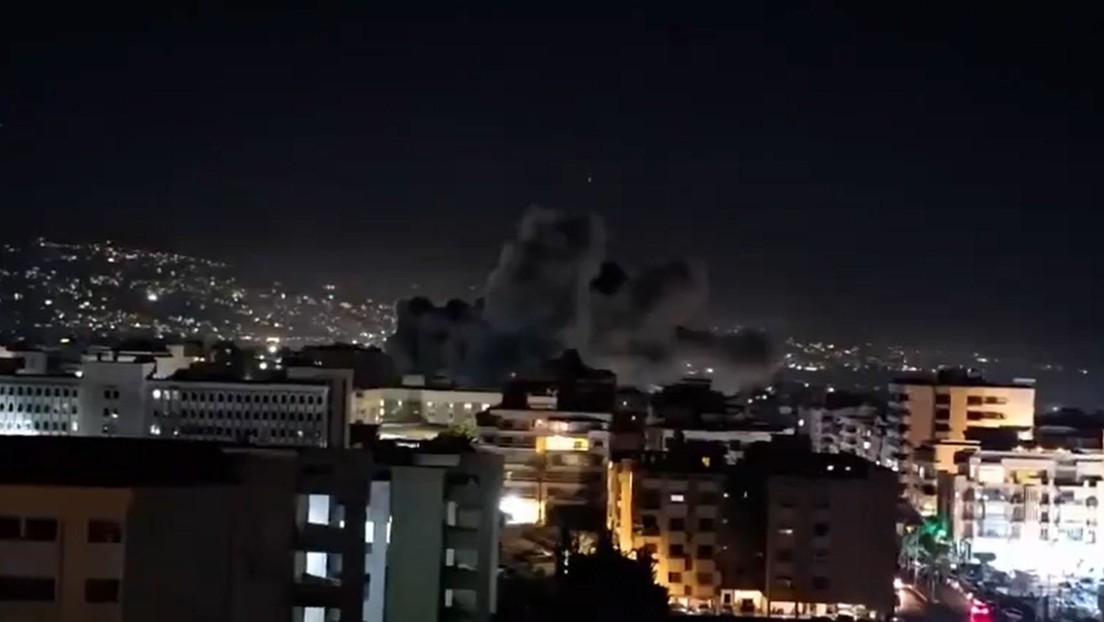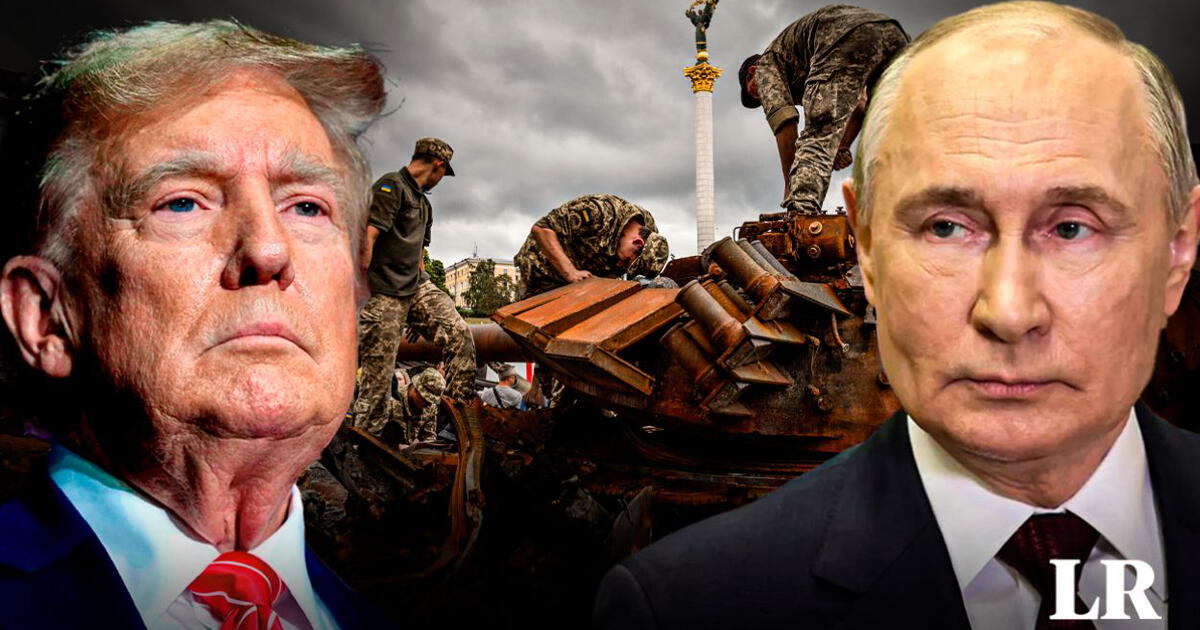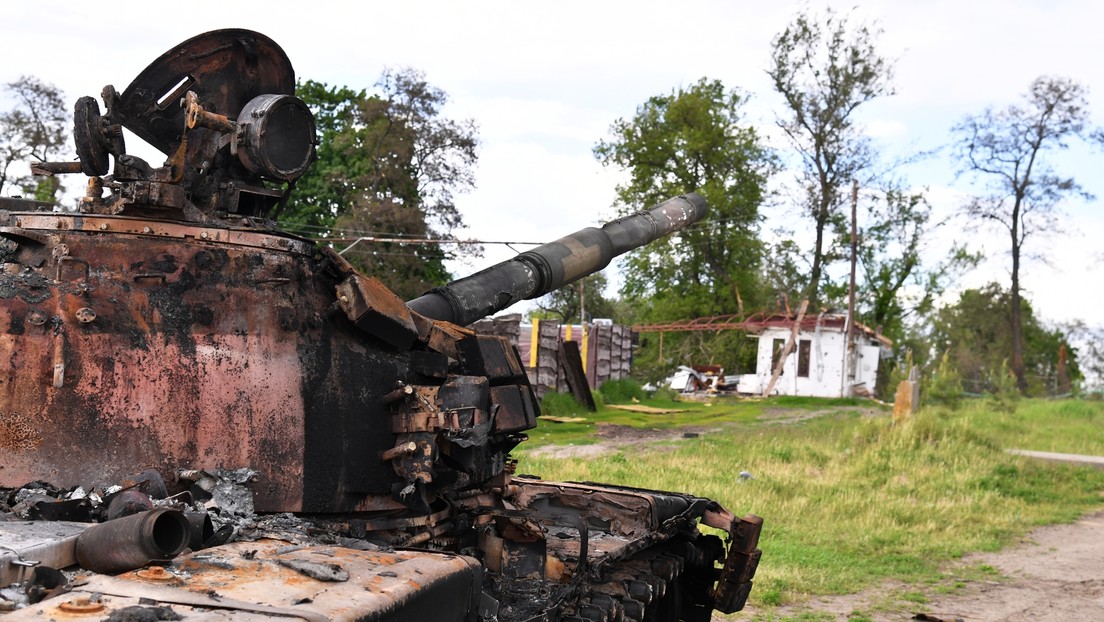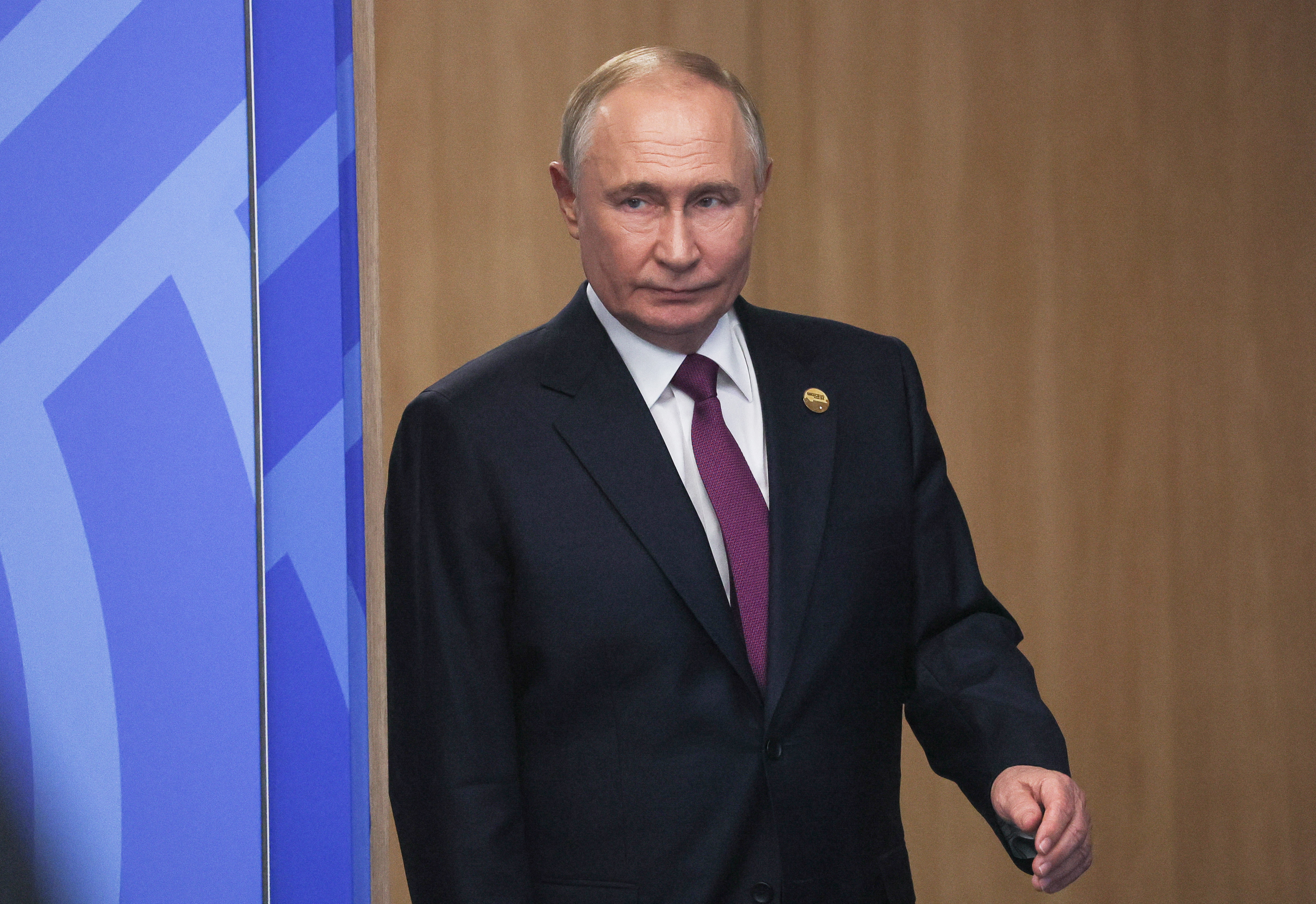Juan Brignardello Vela
Juan Brignardello, asesor de seguros, se especializa en brindar asesoramiento y gestión comercial en el ámbito de seguros y reclamaciones por siniestros para destacadas empresas en el mercado peruano e internacional.




Tensions in the Middle East region have intensified in recent hours, with Israel conducting a series of targeted airstrikes against the Lebanese capital, Beirut. This conflict has taken on new dimensions following the revelation that the armed group Hezbollah allegedly possesses a significant amount of money in gold bars, which Israel claims is stored in a bunker located beneath the Sahel Hospital. During a social media appearance, Israeli military spokesman Daniel Hagari declassified alleged intelligence information indicating that Hezbollah is holding 500 million dollars in gold and cash in this bunker. The accusation aims not only to delegitimize the organization but also to deprive it of a resource that could be used for the reconstruction of Lebanon, according to Israeli authorities. "This money could have gone to rebuild the State of Lebanon, but it was exclusively for the use of the terrorist organization," Hagari stated. Israel's claims have generated an atmosphere of disbelief and concern. The director of Sahel Hospital, Fadi Alamé, has vehemently denied the accusations, labeling them as falsehoods and announcing a forced evacuation of the medical center. Alamé called on the Lebanese Armed Forces to conduct a thorough search of the hospital to demonstrate that no tunnel or bunker exists beneath the building. The situation is further complicated by the context of recent Israeli airstrikes, which have focused on the facilities of the Al Qard al Hasán Association, an organization associated with Hezbollah that reportedly offers microloans following Islamic principles. These bombings, which have taken place in various locations in Beirut and the Bekaa Valley, have heightened tensions between the two countries, as Hezbollah has responded to the aggressions with attacks on Israeli territory. This surge in hostilities comes after a series of incidents that began on October 7, when the Islamic Resistance Movement (Hamas) and other Palestinian groups launched a coordinated attack that led to a significant escalation in violence in the region. Since then, the landscape has become more complex, with a new Israeli invasion of Lebanon and intensified bombings in response to Hezbollah's actions. The international community watches with concern as this conflict escalates, and calls for calm and negotiation have already emerged. However, the belligerent rhetoric from both sides seems to hinder the possibility of peaceful dialogue. The situation in Lebanon is precarious, and citizens find themselves caught in the midst of a confrontation that not only jeopardizes their safety but also the country's infrastructure. Meanwhile, Israel has committed not to bomb the hospital in question, which could bring temporary relief to the citizens of Beirut, but the tension remains latent. The constant surveillance of the alleged bunker by the Israeli Air Force indicates that authorities are not taking these accusations lightly. The lack of trust and skepticism from Lebanese authorities and the civilian population regarding Israeli claims raise questions about the veracity of the facts. The historical distrust between Israel and Lebanon fuels a cycle of actions and reactions that complicates any attempt to resolve the conflict. Recent actions underscore the fragility of peace in the region and pose serious challenges not only for Lebanon but for the stability of the Middle East as a whole. The international community must urgently intervene to prevent this escalation of violence from turning into an even more devastating conflict.









